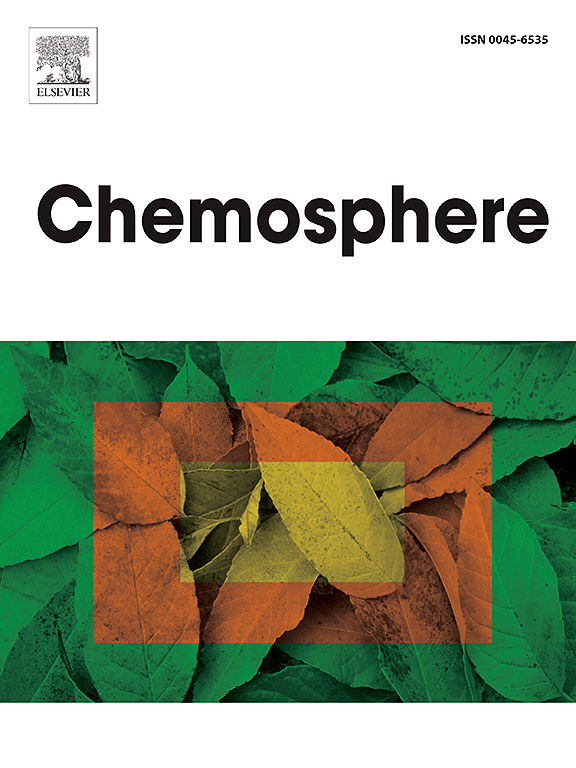The Journal of Heart and Lung Transplantation (JHLT) has decided against retracting a November 2024 paper that violated the ethics policy of the publication.
After publishing the paper, which describes a new mechanical circulatory support device used to treat heart failure that was developed in China, staff at the journal realised two of the patients in the study had received organ transplants in that country.
Dozens of research articles have been retracted or flagged for appearing to have used organs procured from executed prisoners in China, and many journals around the world have introduced policies to avoid such research. JHLT’s ethics statement, published in 2022, bans data on human organ transplants from journals or scientific sessions when they originate from countries, particularly China, where organ procurement from prisoners has been observed.
Continue reading Journal won’t retract paper that involved human organ transplants in China







